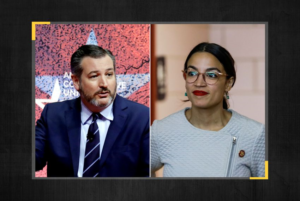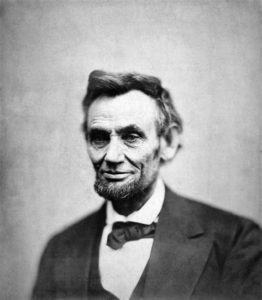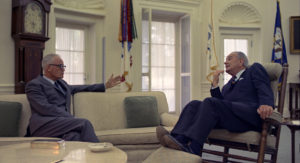Lyndon Baines Johnson would be appalled and aghast at the state of American politics today … of that I am absolutely certain.
The nation’s 36th president took office in a time of national grief. A madman with a rifle shot his presidential predecessor to death in Dallas on Nov. 22, 1963. LBJ, a long, tall Texan, took the oath of office aboard a crowded Air Force One jetliner.
Then he commenced to finish the work started by President John F. Kennedy. He had asked the nation for its prayers as he took the reins of power.
President Johnson knew a fundamental truth about politics, about governance and about the government he inherited. It was that to get anything across the finish line, he needed help from those on the other side of the aisle. Johnson was a true-blue Democrat but he had plenty of Republican friends on whom he could count.
His first legislative task was to get the Civil Rights Act approved. Democrats were led by Southern segregationists who adhered to Jim Crow beliefs about racial separation. What did LBJ — himself a Southern Democrat — do? He sought the help of GOP senators such as Everett Dirksen of Illinois and Hugh Scott of Pennsylvania. Johnson, a former Senate majority leader before he became VP in 1961, knew how to work the system.
The Civil Rights Act passed. Then came the Votng Rights Act. LBJ needed the same cast of friends to help him enact legislation guaranteeing the civil rights of all Americans, especially Black Americans. The Civil Rights Act came into being in 1965.
LBJ also shephered Medicare into existence that year, again gathering GOP help.
I mention all this because Lyndon Johnson would be horrified to see the denigration of alliances he helped build at the hands of Donald Trump and the cabal of MAGA morons who run things in D.C. these days.
Trump is governing only to appease the base of what used to be the Republican Party. The one-time party of Abraham Lincoln, which reached out to minority Americans, and the one-time party of Ronald Reagan, which preached fiscal restraint, has been taken over by an ignorant authoritarian. Donald Trump has plunged the world into a global recession, has cost many millions of Americans billions of dollars in retirement funds and has declared economic war on our most faithful allies.
How? Because he is enamored of the term “tariff” and has enacted a measure that only is going to harm Americans … and no one else.
Would Lyndon Baines Johnson stand for that? Never!




